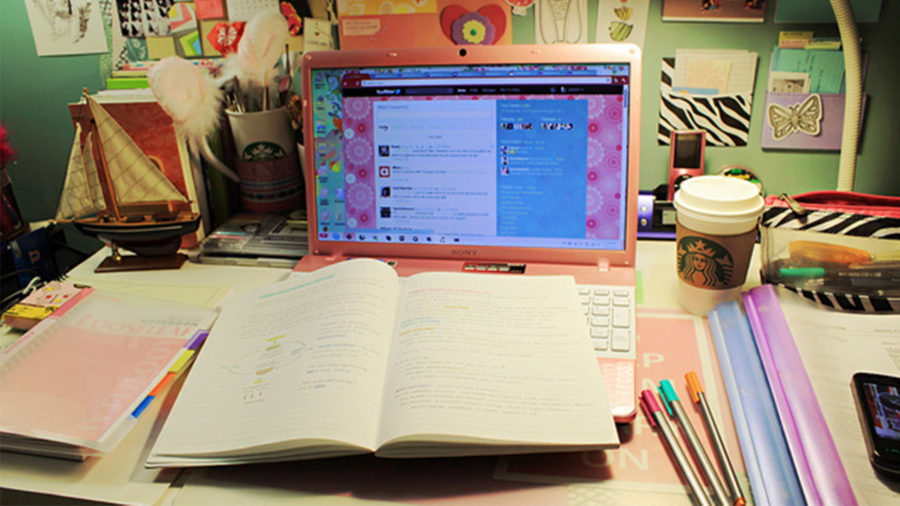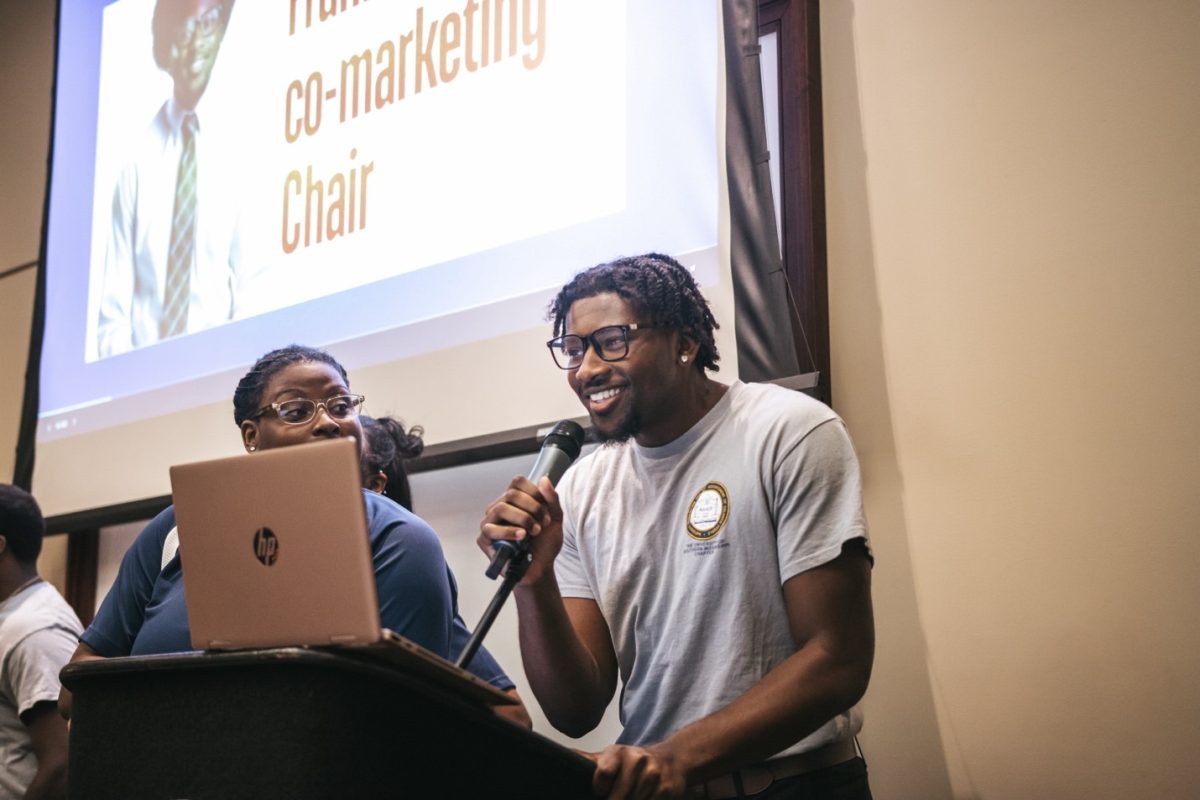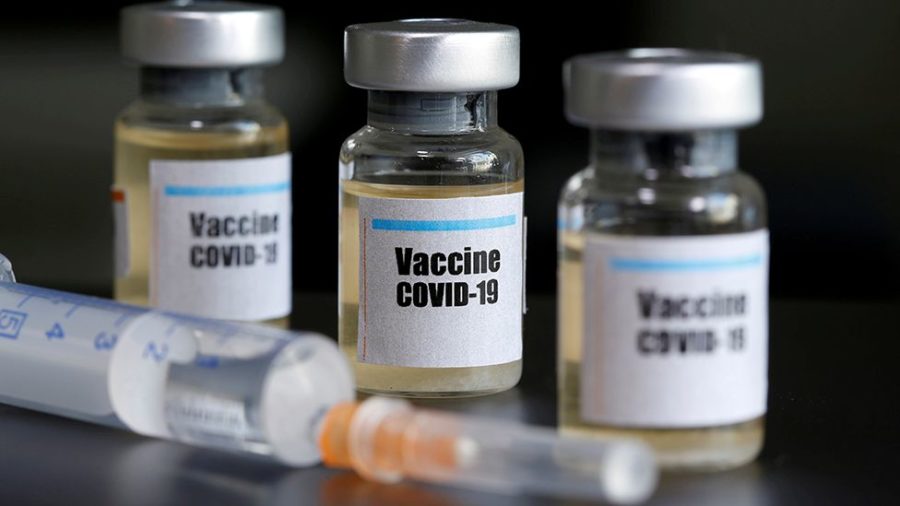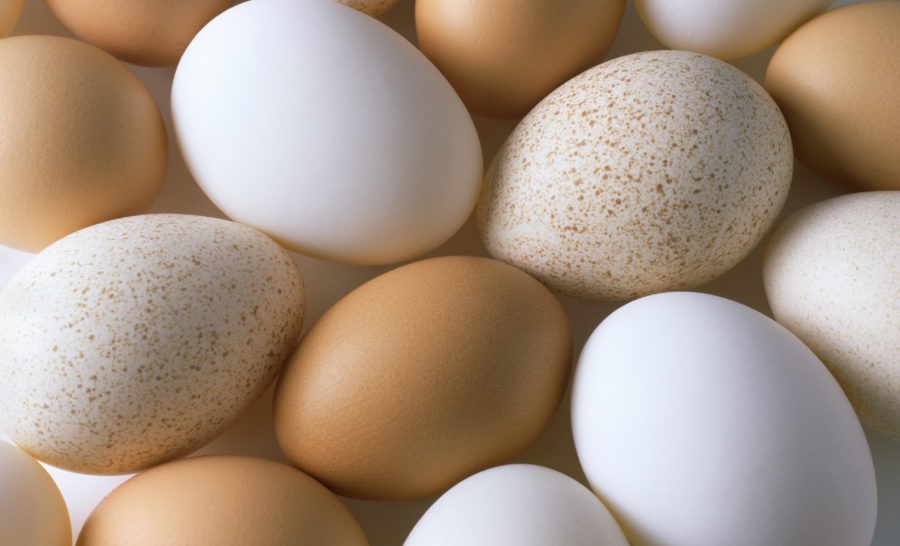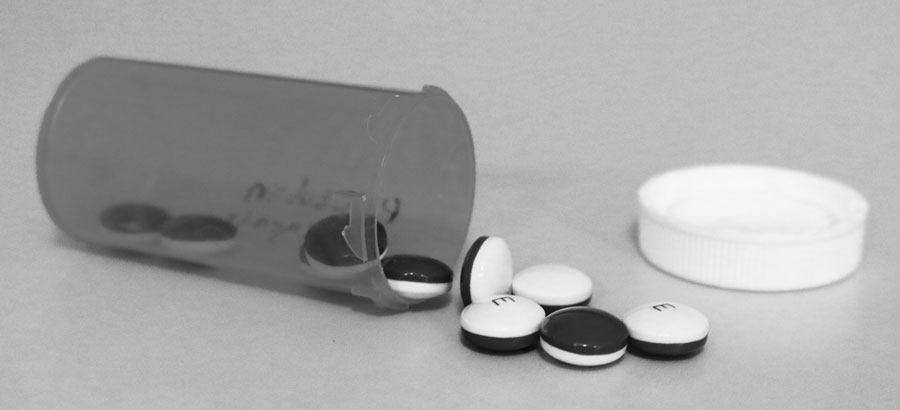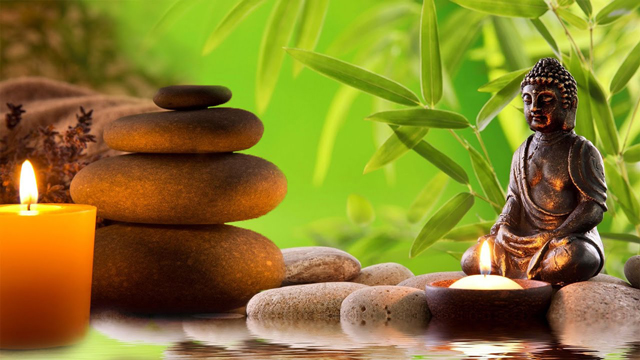As finals begin, all kinds of stressful feelings will arise despite how much students have studied. Some will avoid studying altogether until the panic sets in the night before. Others will pore over notes, listen to lecture recordings and still not feel adequately prepared. In truth, there is no stress-free way to survive finals week, but there are plenty of ways to tackle that stress.
The first step is for students to change their expectations when presented with an exam. Willie Tubbs, a journalism instructor, said finals are not punishments, but assessments of how much information students have absorbed.
“Exams are important and typically count for a large portion of your grade,” Tubbs said. “Rather than think of the exam as the professor’s chance to punish you for not mastering everything, think of it as your chance to show the professor how much you’ve learned and grown as a part of her or his class.”
It is helpful when students approach studying with the intent of actually learning something beneficial, whether or not they have much interest in the subject.
“I’ve found approaching any exam, whether a standard final or the GRE or comprehensive finals, with a positive attitude makes a world of difference,” Tubbs said. “That isn’t to suggest you need not study or push yourself. Exams are not meant to be taken lightly. So, definitely study, but don’t over-study. Pulling all-nighters might make for great stories 20 years from now, but in the present, you’re actually hurting yourself if you don’t sleep.”
So step two is hitting the sack. Dr. Philip Alapat, a medical director at Harris Health Sleep Disorders Center, said in an article for Harris Health that those students who get shuteye the night before an exam will definitely do better.
“Memory recall and ability to maintain concentration are much improved when an individual is rested,” Alapat said. “By preparing early and being able to better recall what you have studied, your ability to perform well on exams is increased.”
Sleep deprivation affects how much information a student will retain. All-nighters might help a little, but the longer students stay up, the less they tend to remember.
“Any prolonged sleep deprivation will affect your mood, energy level and ability to focus, concentrate and learn, which directly affects your academic performance,” Alapat said.
Lastly, reducing stress levels will also increase performance. Megan Weyrauch wrote for the test preparation organization Kaplan, on methods for reducing stress and why it is important.
“Stress is a normal physical response to events that make you feel threatened or upset your balance in some way,” Weyrauch said. “When you sense danger, your body goes into fight-or-flight reaction mode in order to protect you. This is great for emergency situations, like slamming on your breaks to avoid an accident, but it is not so wonderful for studying.”
She goes on to recommend remedies for the health effects stressful studying can induce on the body. Engaging in physical activity, getting outside of the house or dorm and journaling thoughts are effective ways to relieve stress. Doing something enjoyable, like playing piano or other hobbies, can also help students relax.
The Cook Library on campus is providing some stress-busting activities this year: a stress relief zone with puzzles and coloring books for students who need to re- set before they hit the books again.
Robert Valentine, a freshman marine biology major, took advantage of this resource by working on one of the puzzles.
“It’s good to get away,” Valentine said. “It’s good to get out of your head a little bit. I think it’s cool they are going out of their way to make everything a little more chill for everybody.”
As well as the stress-free zone, Cook Library has adjusted its hours for those studying. It is now open 24/7.

























